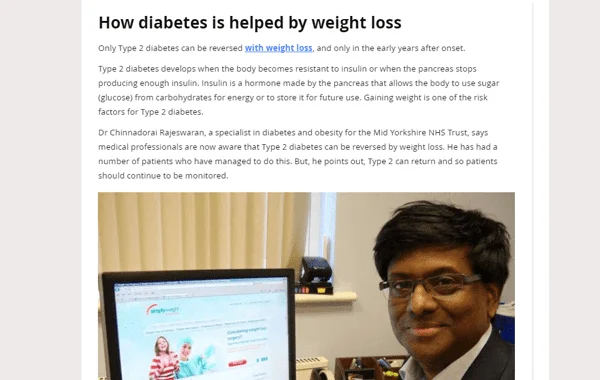Most women struggle to lose weight after the age of 50, more so after menopause. There are several reasons why menopausal women struggle to lose weight.
Menopausal women have to go through a number of hormonal changes which affects their physical body.
The predominant hormones involved in menopause include
- Oestrogen
- Progesterone
- Testosterone
Fluctuation in these hormones results in a number of symptoms including:
- Excessive sweating
- Hot flushes
- Mood changes
- Depression
- Altered sleep
- Low libido
- Excess facial hair growth
- Thin bones
- Fluid retention
- Weight gain
Psychological impact of menopause is a significant contributory factor for weight gain and difficulty in losing weight.
Some women around menopause can gain a significant amount of weight and also struggle to lose weight. One of the important contributors to weight gain on menopausal women are medications.
In a study published in the journal “Menopause”, Fatima Cody Stanford and co-authors, showed that post-menopausal women who are prescribed antidepressants, beta blockers and insulin were more likely to gain weight than those who do not use these medications.
Stanford and other researchers analysed BMI (Body Mass Index) and waist circumference of post-menopausal women between the ages of 50 to 79 years who participated in the Women’s Health Initiative (WHI) study. WHI is one of the largest studies in menopausal women. All medications prescribed and consumed by these women were analysed over a three-year period. These women were on a number of medications which promote weight gain, including steroids, beta blockers, anti-psychotics, antidepressants and insulin.
At the end of three years it was found that women on weight promoting medications gained more weight compared to women who were not on these medications. Increased dose and a greater number of weight promoting drugs resulted in increased weight gain. There was also an increase in waist circumference. Antidepressants and insulin (over the counter) were associated with the largest increases in BMI.
Researchers found that even at the start of the study, 57.8% of the women with menopause were either overweight or obese. A number of studies show that overweight or obese people are more prone to have heart disease, type 2 diabetes, depression, high blood pressure(hypertension) and elevated cholesterol. So, they are more likely to be prescribed medications which can promote weight gain.
It is therefore important to prevent weight gain in women with menopause but also help them with strategies to effectively lose weight and sustain weight loss. In addition, menopausal women should be made aware of the side effects of the medications they are being prescribed. At each contact with health care professionals’ menopausal women should review their medication and consider reducing dose or discontinuing weight gain medication if appropriate. Doctors need to be cautious whilst prescribing weight gain medication for menopausal women. They should try and find a substitute medication which will not cause weight gain.
What are the medications promoting weight gain in menopausal women?
Below are mentioned medications which are commonly prescribed in menopausal age range:
- Antidepressants (amitriptyline, paroxetine, sertraline)
- Oral medications of diabetes (gliclazide, pioglitazone, glimepiride)
- Insulins
- Antipsychotics (olanzapine, lithium, risperidone)
- Beta Blockers (bisoprolol, atenolol, metoprolol)
- Steroids (prednisolone, hydrocortisone)
- Antiepileptics (carbamazepine, gabapentin, sodium valproate)
- Migraine relievers (Pizotifen)
- Hormone pills
- Neuropathic or nerve related pain killers (Gabapentin, amitriptyline)
If a menopausal woman intends to lose weight and sustain the weight they have lost, medications they are prescribed should be regularly reviewed.
Simplyweight’s Specialist Online Weight Loss Plan has been designed to bring decades of clinical experience to people at an affordable price. To learn more, start your 7-day free trial today: https://app.simplyweight.in/subscribe/free-trial













